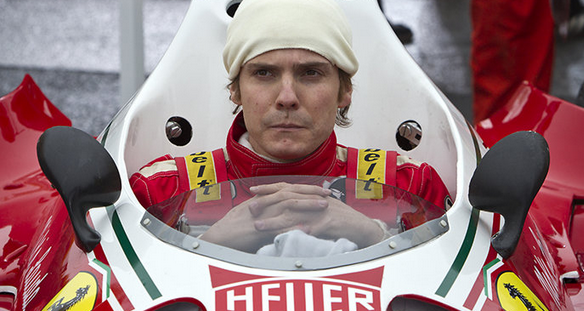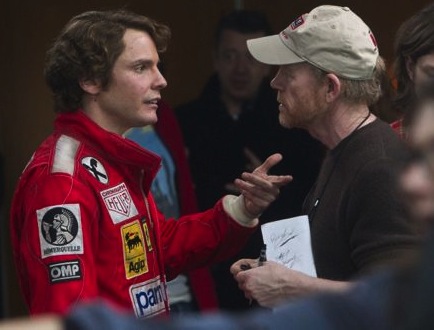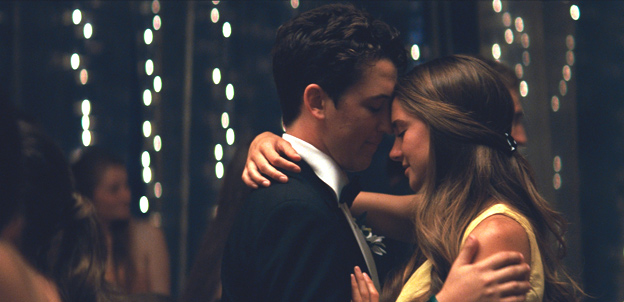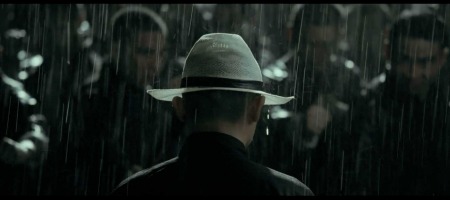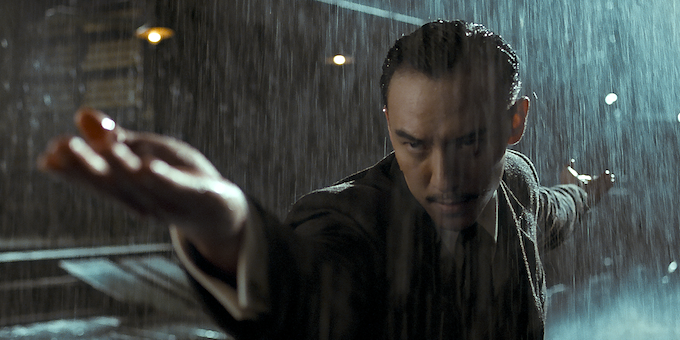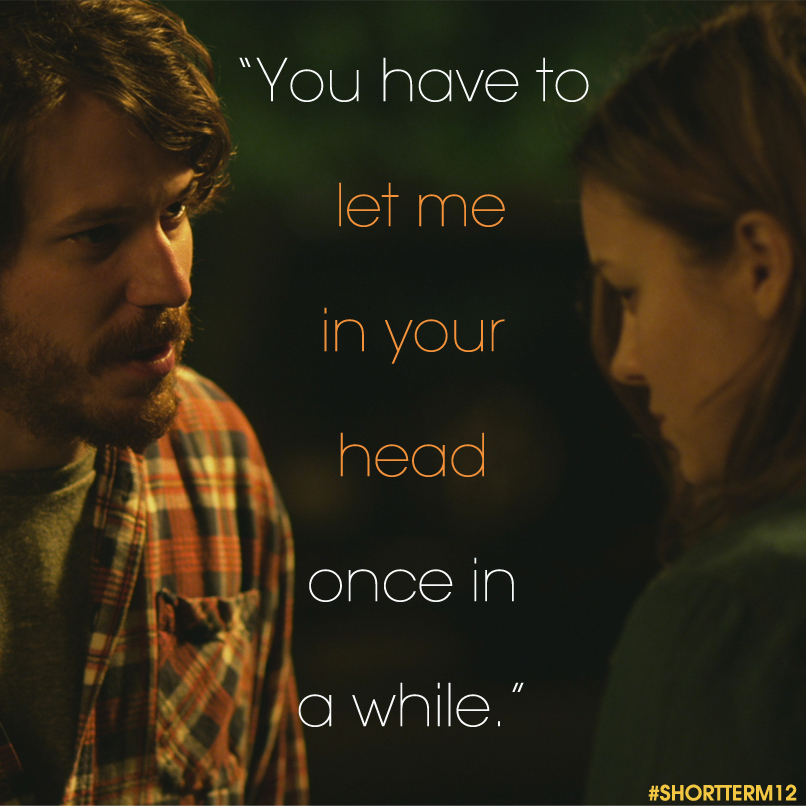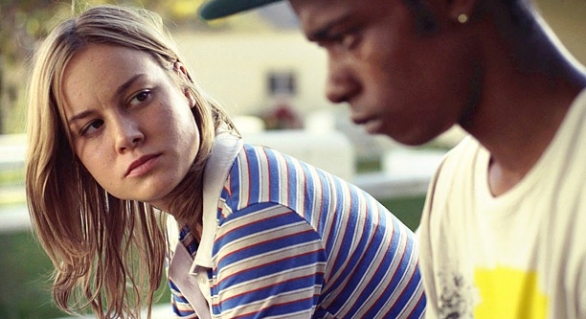"At the Farm" or "By The Lake", Queer Films Among Best @ TIFF
 Tuesday, September 10, 2013 at 3:00PM
Tuesday, September 10, 2013 at 3:00PM This article was originally published in my column at Towleroad
The French famously call an orgasm "la petit mort" or, the little death. In two new French-language films playing at the Toronto International Film Festival (in full swing through next weekend) this euphemism forgets to be euphemistic. If you like your sex all mixed up with danger -- you know, the way straight people did during the mainstream erotic thriller years (the Glenn Close thru Sharon Stone continuum) -- consider these films 'must sees' when they hit your city. IF they hit your city. It's tough out there for art films, especially gay ones, as recently discussed in a fascinating piece at IndieWire mapping out the problems.
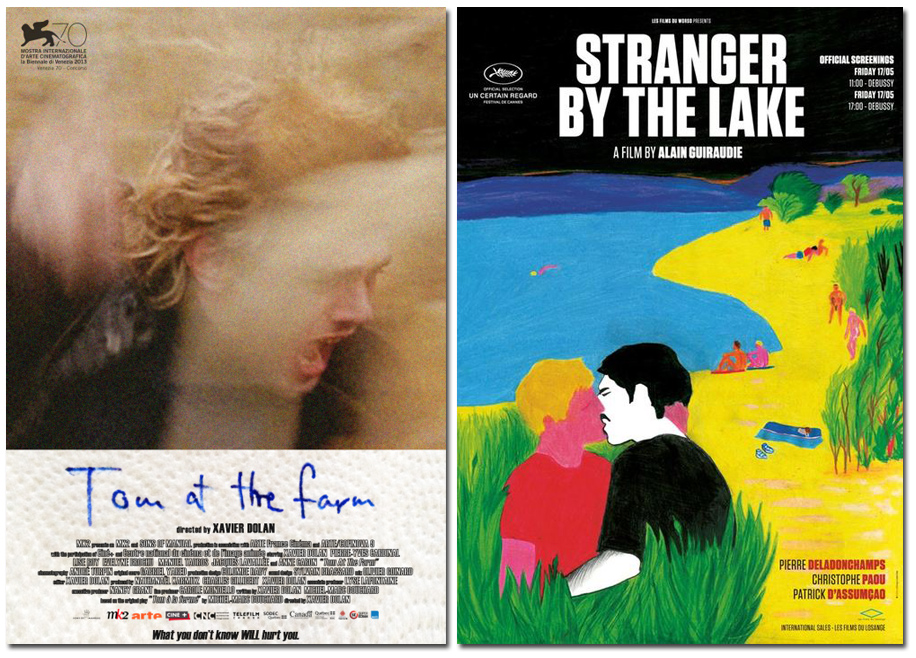
Prolific twenty-four year old writer/director/actor Xavier Dolan has been a sensation on the festival circuit and in Canada since his award-winning debut I Killed My Mother in 2009. Despite the accolades Dolan has yet to win the Stateside following he deserves, even among LGBT audiences. This is largely because his films are in French and they have had a weirdly hard time making their way onto US screens. I Killed My Mother was famously delayed and delayed and delayed again. Before I received a screener a couple of years ago I was convinced that it was an imaginary movie, dreamt up by journalists to make the rest of us feel jealous that we aren't fabulous enough to party in Cannes with them each May. Dolan's subsequent features, the stylish unrequited love triangle Heartbeats (also known as Imaginary Lovers) and the recently released three hour trans drama Laurence Anyways only increased his wunderkind reputation. His latest TOM AT THE FARM may well be his most accessible but reviewing it presents a challenge because the less you know about it going in the better.
Let's keep it very simple AFTER THE JUMP...



